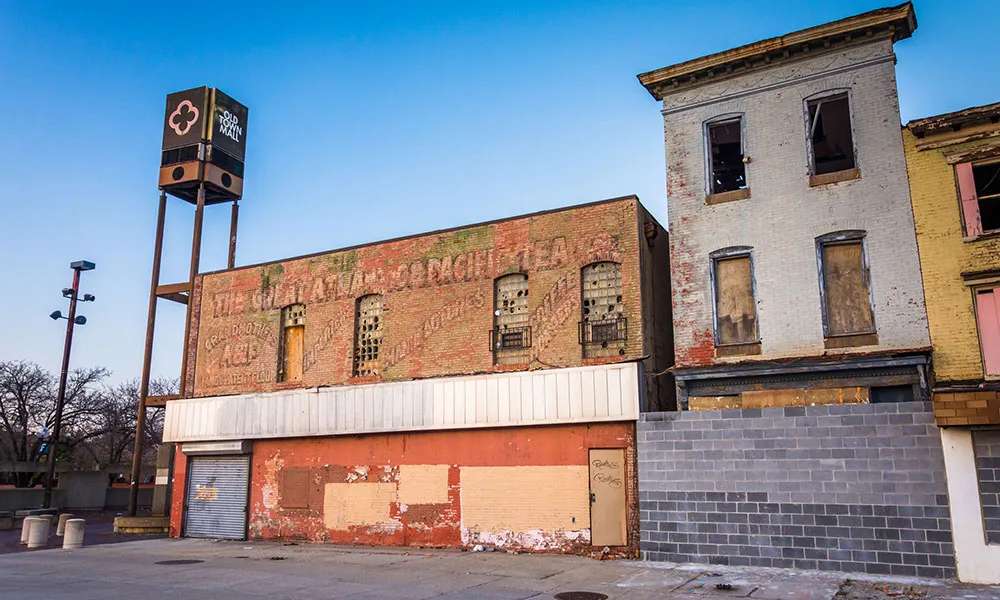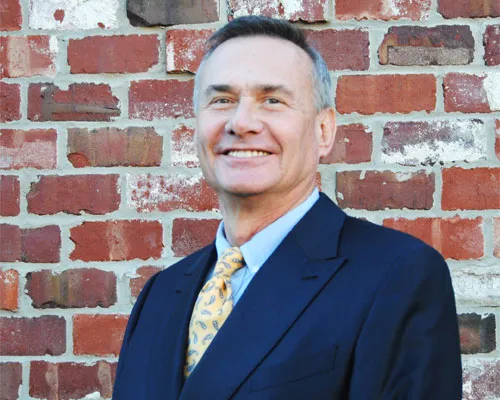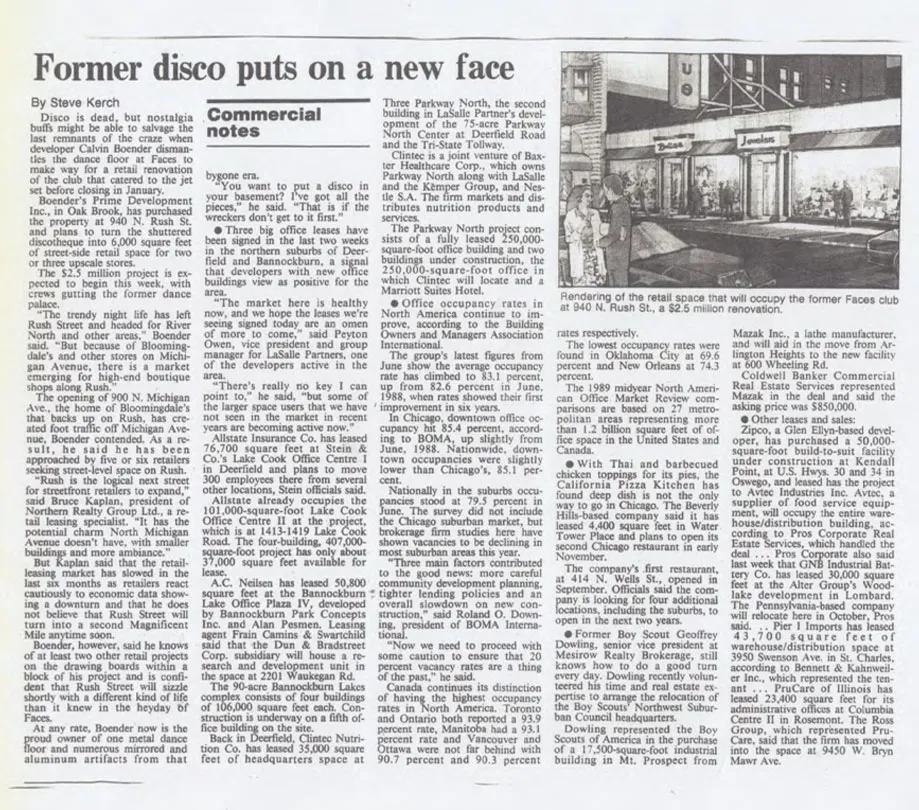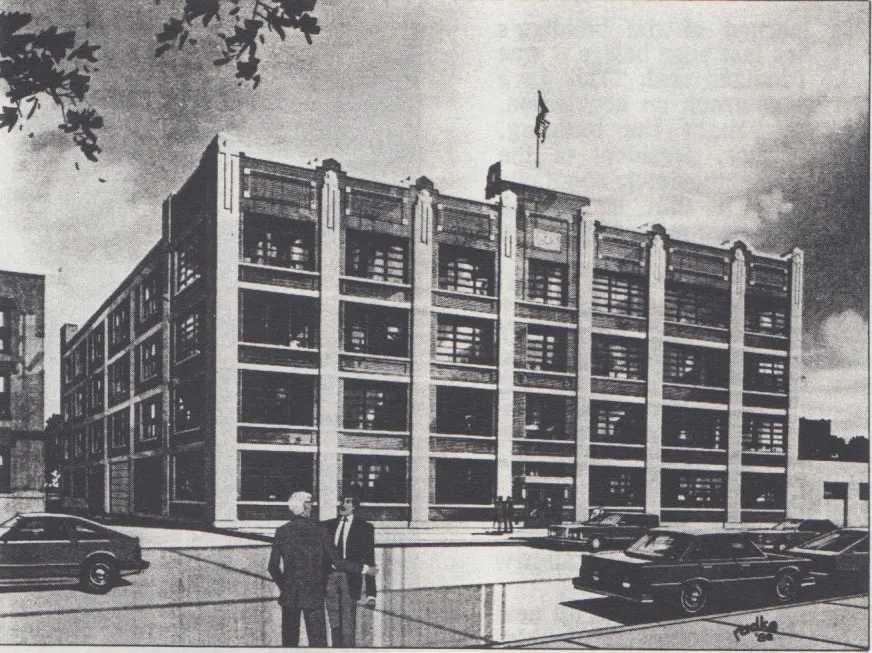The Speed of Change in Todays Economy

In a previous post, I wrote about the death of the American Mall and what that means for the economy. I’d like to delve more deeply into exactly what effects that will have on the economic outlook. When you drive past that shuttered mall it’s not just the retailers who are at risk, it’s the economic base they provide in the forms of jobs that has me really worried.
In a previous post, I wrote about the death of the American Mall and what that means for the economy. I’d like to delve more deeply into exactly what effects that will have on the economic outlook. When you drive past that shuttered mall it’s not just the retailers who are at risk, it’s the economic base they provide in the forms of jobs that has me really worried. NPRs Yuki Noguchi reported on All Things Considered: “Retailers have announced plans to close 3,100 stores so far in 2017 - more than all of the last year combined. J.C. Penney said it would close an additional 138 stores this year, Sears and its Kmart brand intend to close 150 stores, and Macy,s will shut down 100 stores.” 3,100 stores is a tremendous amount of retail space and with those stores closing, comes waves of layoffs. Since October the U.S. retail sector has lost 90,000 jobs. With manufacturing stagnant at best and the number of service related jobs already filled, it’s going to be hard to replace those jobs within similarly suited fields.
The Speed of Change in Todays Economy
It’s not that we are spending less and tightening the purse string, quite the opposite, spending has increased for the past several years. But the shift has been from the traditional brick and mortar stores to the online shopping destinations. Amazon has spurred much of this trend towards online shopping but the real scary part is that traditional box stores go online as well, they cannibalize their own physical stores in the process.
That means fewer workers paying taxes and more claiming unemployment benefits for jobs that just are not going to be coming back anytime soon. It’s also the rate at which these store closings are happening that adds another wrinkle to the issue. The way we shop has shifted almost overnight, whereas in the past such monumental shifts were gradual, usually occurring over decades giving retailers, workers, the economies (micro and macro) a chance to adjust with the times. Now, since the rate of change has accelerated to the blinding pace we’re witnessing, the ramifications are going to be bigger and less well understood as we move forward.
So what about all the jobs needed to run an Amazon distribution center you might think, why not just shift the retail jobs to warehouse jobs? Well, it’s just not that simple. Usually, the major distribution centers are located outside of major population centers, they are very well automated, often times no human hand ever touches the items you bought online with the advent of robotic pickers and the simple fact that these distribution centers are designed with maximum efficiency in mind. There’s no waiting on a customer, answering questions, showing the options, it’s pick it and ship it.
This new era of retail, accelerated changing economic models and how this will all play out over the next 5, 10 15 years will be anyone’s guess and that’s what scares me the most, the unknowingness of it all.
About the Author

Calvin D. Boender was raised in the Dutch Christian Reformed area of Highland, Indiana. After high school, he attended Calvin College in Grand Rapids, Michigan, for three years and thereafter graduated from Grand Valley State College, Allendale, Michigan, in December, 1978, with a bachelor's degree with honors in political science. For the past 35 years, he has focused his attention on real estate by successfully investing in and redeveloping residential, commercial and industrial properties. He has now turned his quick mind and strong business acumen to developing Renew Biomass into a market leader. Cal has been a major contributor to various philanthropic causes and non-profit organizations addressing the needs of children and less-fortunate individuals. He resides in the suburbs of Chicago with his wife and two dogs, where he enjoys reading and biking.

